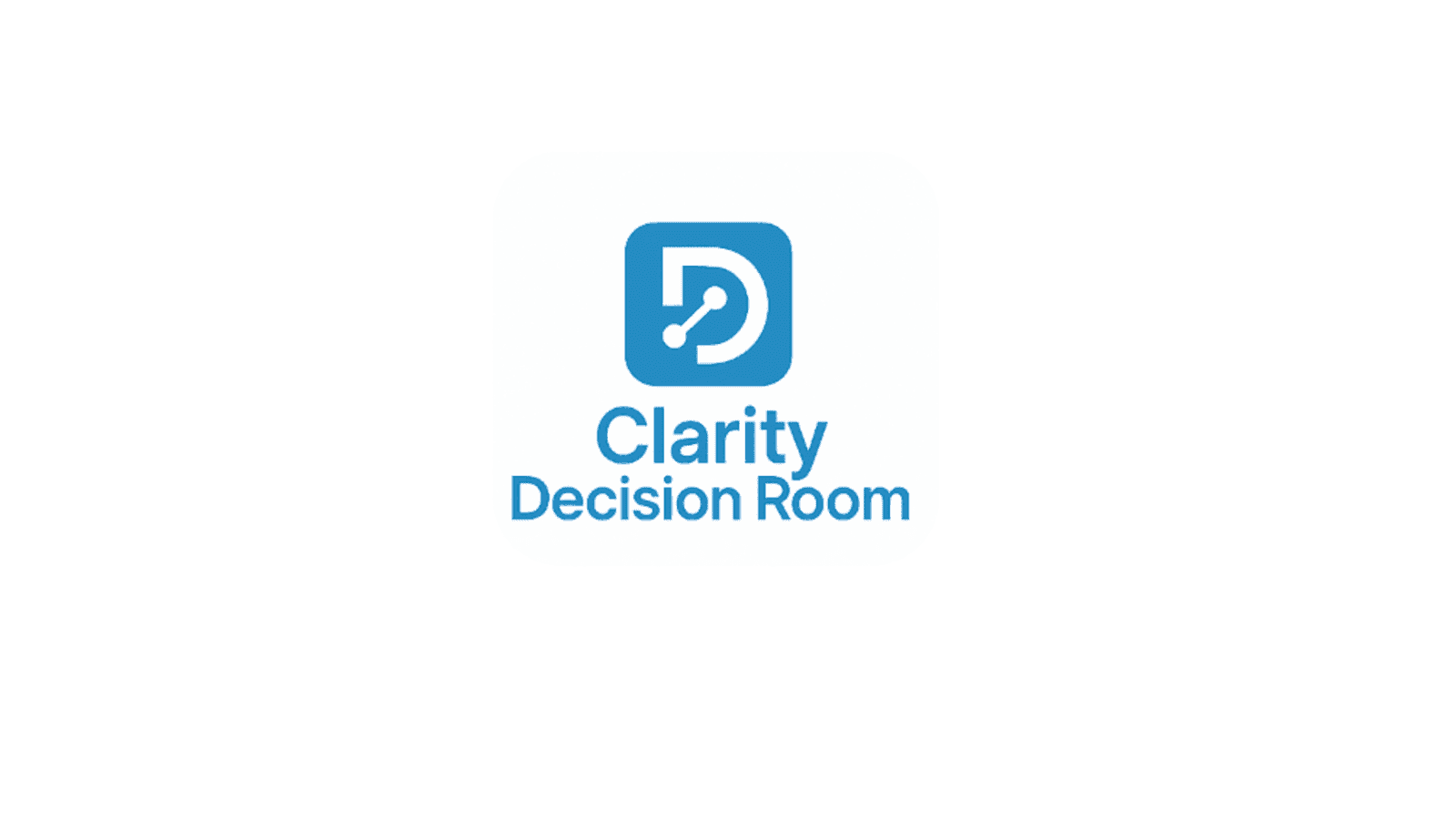Assumptions are beliefs we treat as true without proof
Has this ever happened to you?
You’re in the middle of a video presentation, ten minutes in, delivering your points with confidence—when someone suddenly interrupts:“Should we be seeing your screen?”
It just happened to me. And yes, I was mortified. I froze for a second. Do I start over? Do I summarize? There wasn’t enough time to do both. I had assumed everything was working; my mic, my camera, my screen share.
Turns out, I was talking to myself.
That moment, while minor, is a perfect example of how easily assumptions slip into our routines and into our decisions.
Assumptions are beliefs we treat as true without proof. We all make them. Every day. And while some assumptions are harmless (like assuming your screen is being shared), others can be costly; especially in decision-making.
In fact, assumptions can silently work their way into decisions about market conditions, stakeholder behavior, team capacity, or available resources. That’s where the real risk shows up. You promise a deliverable because you assume the team has the bandwidth; except they don’t. You plan a rollout based on market trends you heard last month only to realize the context has shifted.
Beware: assumptions don’t come with expiration dates.
What you knew this morning might be outdated by the afternoon. That’s the pace of business.
So before making your next decision, pause and ask:“How current is the information I’m relying on?”Double-checking isn’t overkill; it’s good leadership. Especially when the stakes are high. Should we be afraid of assumptions? Not at all. Like many cognitive shortcuts, they have their place. But they must be surfaced, tested, and validated; especially when they sit at the core of a strategic choice.
The next time you're making a big decision, try this simple checkpoint:“What am I assuming?” And more importantly: “What happens if that assumption is wrong?”
Better decisions start with awareness and stronger systems. That’s where a Decision Design from Clarity Metrics Group comes in. We help teams build in guardrails, fallback plans, and a decision system that doesn't leave success up to chance.
